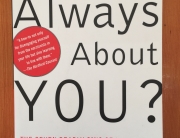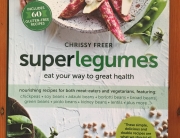 Infants need breast milk or formulaInformation about contaminants in formula and water can be scary, but remember that infants less than 1 year old should not be fed straight cow milk, and other drinks might not meet their complex nutritional needs. Breast milk and appropriate formula are the best foods for infants.
Infants need breast milk or formulaInformation about contaminants in formula and water can be scary, but remember that infants less than 1 year old should not be fed straight cow milk, and other drinks might not meet their complex nutritional needs. Breast milk and appropriate formula are the best foods for infants.
Choose powderedA toxic chemical called bisphenol-A (BPA) can leach from the lining of metal cans and lids. Liquid formulas have higher levels, so powdered is a better bet.
Use soy formula only if medically necessaryThe American Association of Pediatricians recommends that soy formula use be limited to infants who need it for medical reasons. There are longstanding concerns that natural plant estrogens in soy formula may affect the developing baby’s body. There is not enough research to make a solid conclusion, but in the meantime I recommend you limit soy formula use
Use filtered waterBoth bottled and tap water can contain contaminants that are toxic for babies whose sole or main source of food is formula. Examples are fluoride and lead. If you have fluoride or lead in your water, use a reverse osmosis filter.
Avoid bottled water including ‘infant’ water – because contaminants are not known.
Choose glass or BPA-free plastic bottles. Plastic bottles can leach a toxic chemical called bisphenol-A (BPA) into formula. Most companies sell non-BPA plastic. Look for details on packaging or from the manufacturer.
Always avoid
- Unfiltered water when reconstituting formula.
- Ready-to-eat liquid formulas in metal cans.
- Old or used plastic baby bottles; they are more likely to contain and leach BP
Remember that the World Health Organisation recommends breast feeding until 12 months as this is ultimately the best food for your baby.











































































































































